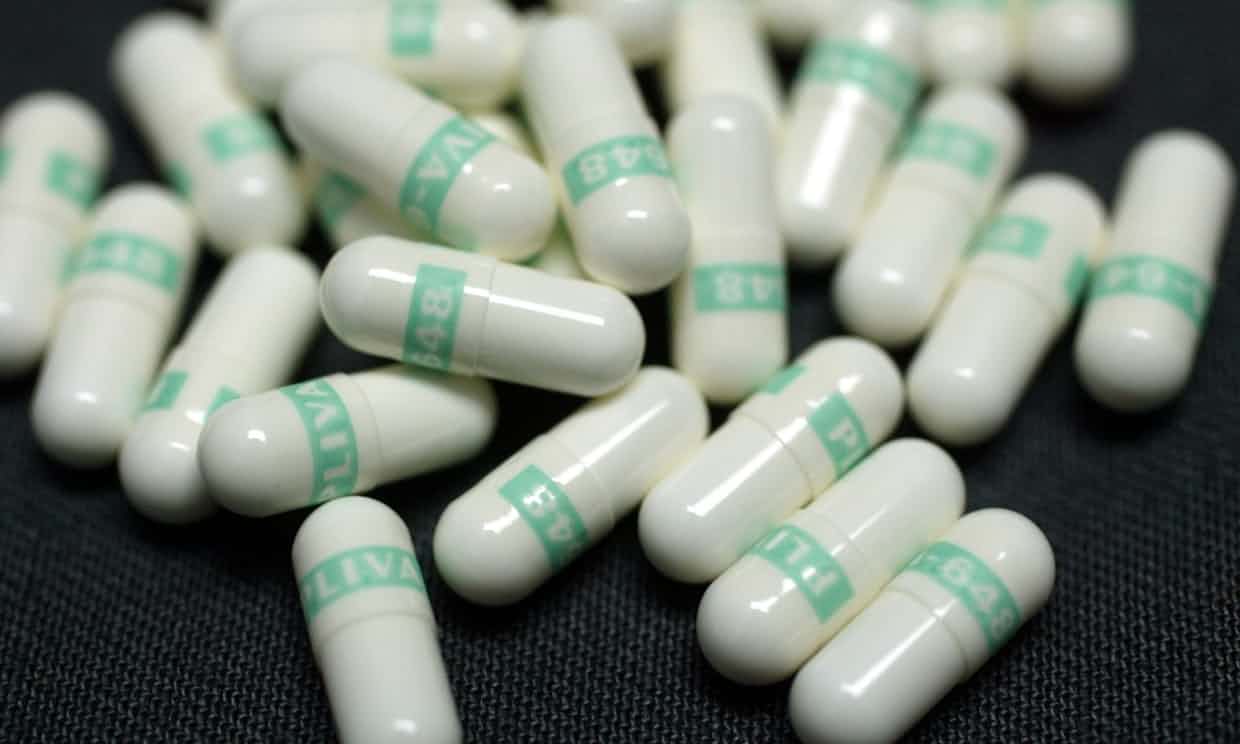 There was much brouhaha in the news last week about a new study claiming that once and for all the debate about anti-depressants was over. Headlines proclaimed that “It’s official – antidepressants work“, “Study proves anti-depressants are effective“, and “Antidepressants work. Period.” But what did the study really find?
There was much brouhaha in the news last week about a new study claiming that once and for all the debate about anti-depressants was over. Headlines proclaimed that “It’s official – antidepressants work“, “Study proves anti-depressants are effective“, and “Antidepressants work. Period.” But what did the study really find?
The analysis looked at the first 8 weeks of treatment from 522 placebo-controlled studies of patients with major depressive disorder (MDD). This is a type of severe depression that occurs in an estimated 3 percent of the US population over age twelve. Researchers reported that all antidepressants were more effective than placebo but the results were mostly modest. The dropout rate was 2-4 times greater in those taking the medications compared to placebos.
The study did not include people with the more common types of mild to moderate depression, which comprise 75 percent of people taking antidepressants, nor did it evaluate the efficacy of these drugs for more than 8 weeks. Other studies have reported that exercise and cognitive behavior therapy are just as effective as anti-depressants, without the risk of side effects. In fact, in the long-term, patients using exercise have a much lower relapse rate than those taking drugs.
Other critics of this study have pointed out that many of the studies in the analysis were unpublished and had not been through a rigorous peer-review process and that 80 percent of the studies reviewed were funded by pharmaceutical companies. Finally, some of the authors of the analysis reported consulting fees from companies that manufacture the very drugs they were studying.
So what did we learn from this study? There is a modest benefit in taking anti-depressants for the approximately 3 percent of people with severe depression for the first 8 weeks of treatment. Maybe. Does this study provide a definitive answer about the usefulness of anti-depressants in the vast majority of people who are taking them? Not by a long shot.
More information on non-drug treatments for depression as well as the dangers and side effects of anti-depressants can be found in my book, Do You Really Need That Pill? Now available for pre-order at https://www.amazon.com/Really-Need-That-Pill-Overmedication/dp/1510715649
